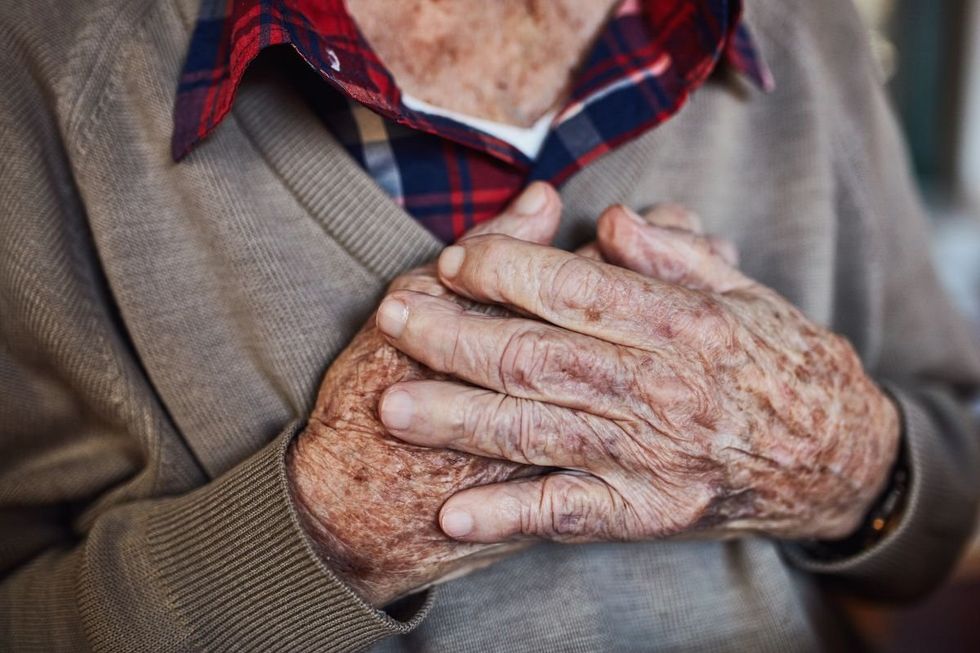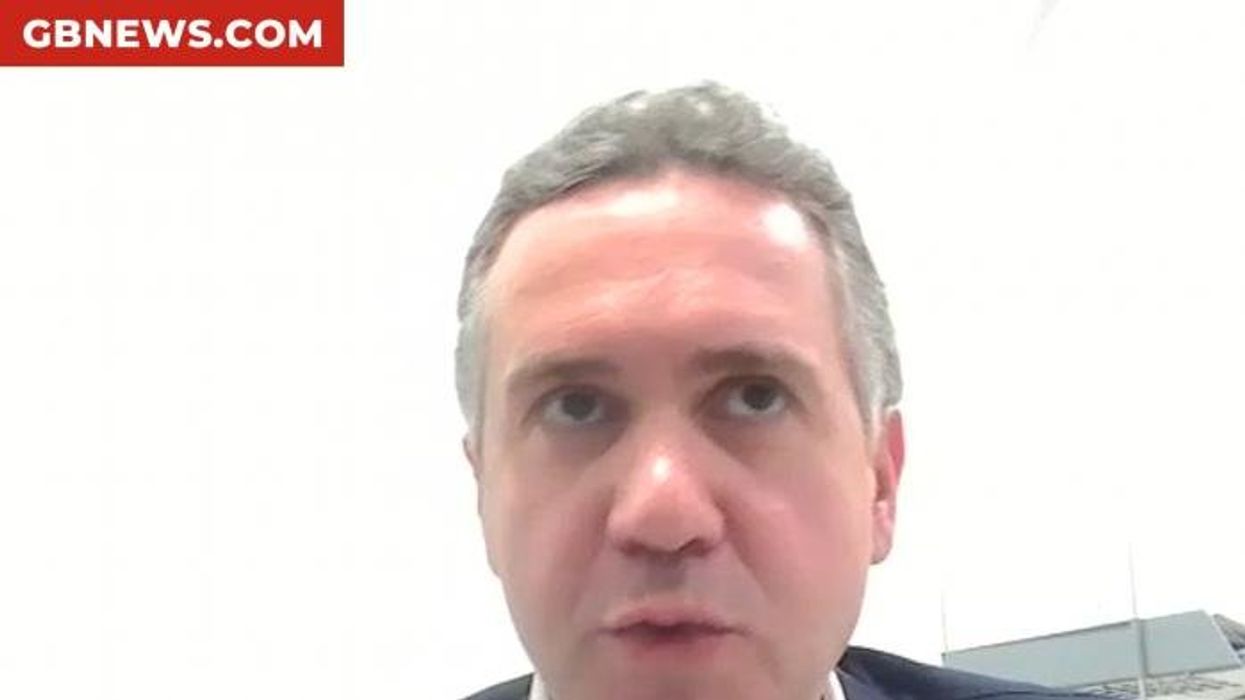Atrial fibrillation: Everyday stimulant linked to a 40% lower chance of the dangerous rhythm disorder

The heart rhythm disorder currently affects millions of people across the world, increasing their risk of stroke
Don't Miss
Most Read
For years, heart patients have been told to steer clear of their morning cuppa, with doctors warning that caffeine could make irregular heartbeats worse. But it turns out this long-standing medical advice might be wrong.
Fresh research from scientists in California and Australia shows that drinking coffee could actually protect against atrial fibrillation, a heart rhythm disorder that affects millions.
The findings suggest people who enjoy a daily coffee have a significantly lower chance of developing this condition, which can cause the heart to beat erratically and sometimes lead to strokes or heart failure.
It's a complete reversal of what doctors have been telling patients for decades.
TRENDING
Stories
Videos
Your Say

Enjoying a daily coffee could significantly lower the chance of having atrial fibrillation
|GETTY
The DECAF study - which stands for "Does Eliminating Coffee Avoid Fibrillation?" - put this question to the test in the first proper clinical trial of its kind.
Researchers from UC San Francisco and the University of Adelaide recruited 200 regular coffee drinkers who had persistent atrial fibrillation or a related condition called atrial flutter.
All participants were about to undergo electrical cardioversion, a procedure that uses controlled shocks to restore normal heart rhythm.
Half were told to drink at least one cup of caffeinated coffee or an espresso daily, while the other half had to avoid coffee and all caffeinated drinks completely for six months.
The results showed that coffee drinkers had a 39 per cent lower risk of their irregular heartbeat returning. The drink appears to help the heart in several ways, according to the researchers.
"Coffee increases physical activity, which is known to reduce atrial fibrillation," explained Gregory M. Marcus, MD, MAS, an electrophysiologist at UCSF Health who led the study.
He pointed out that "caffeine is also a diuretic, which could potentially reduce blood pressure and in turn lessen AFib risk".
But that's not all - Marcus noted that "several other ingredients in coffee also have anti-inflammatory properties that could have positive effects".
LATEST DEVELOPMENTS
These anti-inflammatory compounds might be particularly important, as inflammation plays a role in many heart conditions.
The combination of increased activity, lower blood pressure, and reduced inflammation could explain why coffee drinkers fared so much better.
The findings have left medical experts amazed. "The results were astounding," said lead researcher Christopher X. Wong, PhD, from UCSF, the University of Adelaide, and the Royal Adelaide Hospital.
"Doctors have always recommended that patients with problematic AFib minimise their coffee intake, but this trial suggests that coffee is not only safe but likely to be protective."
The timing couldn't be better, as atrial fibrillation cases have been rising sharply due to ageing populations and growing obesity rates.

One in three people might experience atrial fibrillation during their lifetime
|GETTY
More than 1.5 million Britons have been diagnosed, with experts believing one in three people might experience the condition during their lifetime.
Researchers also think coffee drinkers might naturally swap unhealthy sugary drinks for their daily brew, adding another health benefit.
Our Standards: The GB News Editorial Charter











